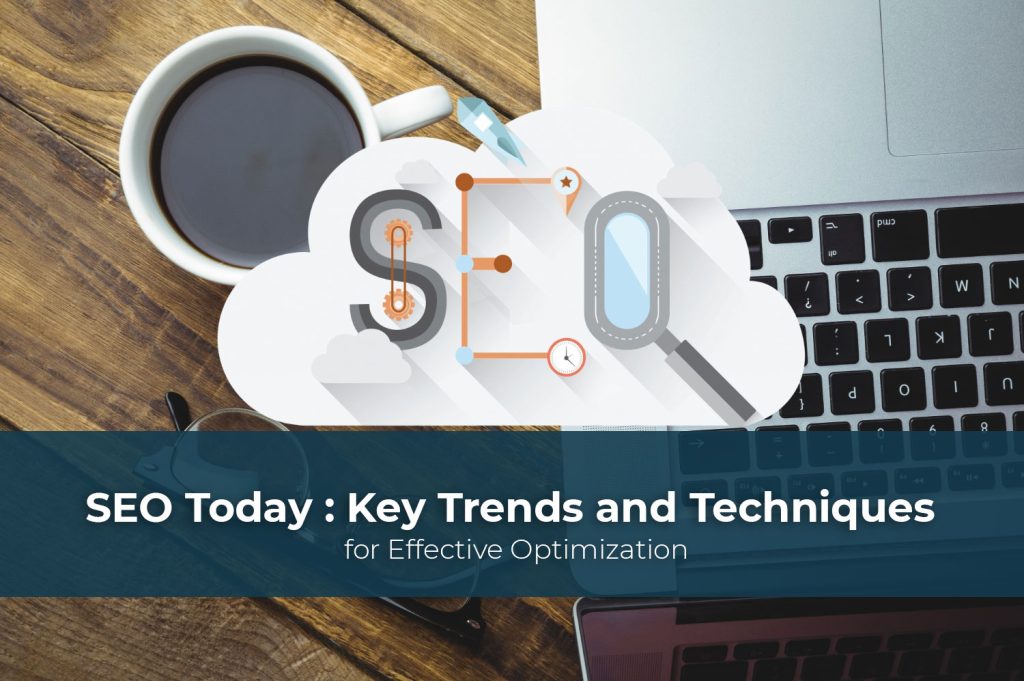How to Help Employees Manage the Mental Stress of Hybrid Burnout

“If you can’t fly, run. If you can’t run, walk. If you can’t walk, crawl, but by all means, keep moving.” -Martin Luther King, Jr., American Minister.
The pandemic has changed work routines in a way that no one ever expected. “Work from home” became a norm for many employees over the past two years. To help employees phase back into working from the office, the hybrid work model has been adopted. As a result, this has caused employees to face a new sort of psychological stress.
Many have reported having the symptoms of “hybrid burnout”. Burnout is a phenomenon that occurs because of chronic workplace stress that has not been successfully managed. Hybrid burnout comes from the stress of juggling long hours of working from home and the commute from home to the office. This can not only be physically exhausting but also can impact an employee’s mental health.
Fortunately, there are ways in which a company can help its employees recover from or avoid hybrid burnout. Take a look at some of the ways you can make your workplace healthier and thus more efficient.
Table of Contents
Toggle1. Paying Attention to the Signs
The management needs to pay closer attention to the employees to catch the signs that they may be about to face hybrid burnout. Some noticeable signs to catch are fatigue, forgetfulness, and struggling to concentrate on their tasks for the day. Their teammates and colleagues may make them feel worried, anxious, irritable, on edge, or tense.
These symptoms caused by juggling multiple work environments have the potential to become a threat to the employee’s productivity. It could also affect their ability to work and disrupt the workflow in general. There may also be potential physical symptoms to consider like heart palpitations, shortness of breath, dizziness, and headaches.
Healthy work environment is an important factor in keeping stress away.

2. Review Company Culture
Sometimes the main cause for burnout may not be just the work itself but could be because of the way a person is treated and managed while they are working. Take into consideration how different leadership approaches might impact employees’ stress. Biased or unfair corporate policies can cause psychological stress and lead to overworking.
Ensuring that healthy work behavior is promoted and practiced from the top is crucial. It helps employees understand their value to the company and their contributions to the company’s goals. When staff feels valued, their productivity increases, and they are motivated to accomplish their goals faster. Make it a point to keep your employees updated on the milestones the company has achieved so that they know their contributions are significant.
“It is during our darkest moments that we must focus to see the light.” –Aristotle, Greek Philosopher
3. Encourage Dialogue
Just making sure the employees are valued is not enough to prevent hybrid burnout. Managers need to demonstrate to their teams that the business has an open, welcoming, and supportive approach when staff are in distress and are struggling to cope. Employees need to feel comfortable having conversations surrounding work.
This in turn requires the employers to feel empowered to enable better conversations about employee mental health in the workplace. Workshops and training sessions can be arranged to raise awareness and help advocate for a healthier work environment.

Getting professional help for the staff can reduce stress and increase productivity.
4. Clarify Set Policies
It is imperative that company policies that promote good work/life balance are widely communicated. In the case of hybrid working, this would mean using multiple channels to reach all the employees. For more effective reach the organizations can also use social media platforms, emails, or even text alerts.
Actively promoting reasonable work hours, and encouraging employees to go home on time, especially if they are working in the office late will help them avoid psychological stress. If you notice a pattern of unhealthy overworking, ask them if they need help. It is a great way to solve the issue before it becomes a problem. The same proactive approach can be used for those feeling pressured to remain working beyond their regular workday. Another way to help them is by letting them know that support is available.
5. Provide Professional Emotional Well-being Support
For all who are struggling to find a healthy balance between remote and office life, consider hiring professional support. Access to effective psychological therapy and employee assistance programs are great options to help improve employee mental health.
Nowadays, these services are versatile and can be delivered remotely or in-person. The staff can have access to a specialist who can help them understand and break unhelpful thinking patterns that may cause psychological stress and cause hybrid burnout. At the end of the day, it’s the little things that make all the difference.





























